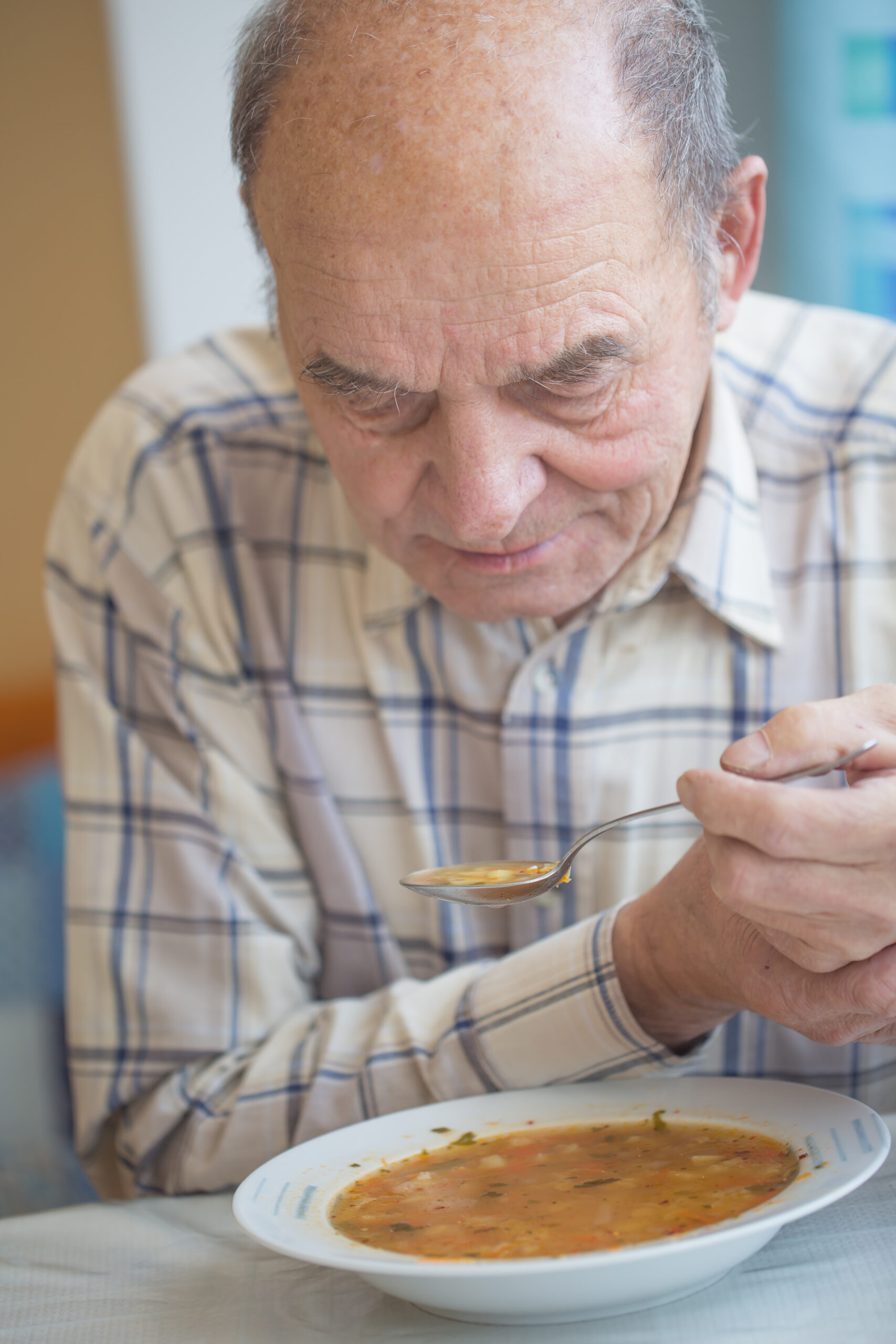The Role of Diet in Managing Parkinson’s Symptoms
Eating Right to Manage Parkinson’s
Parkinson’s disease affects how your body moves and functions. While there’s no cure, what you eat can make a big difference in managing symptoms and improving quality of life.
A healthy diet for Parkinson’s focuses on whole, unprocessed foods. This means lots of fruits, vegetables, whole grains, lean proteins, and healthy fats. Cutting back on processed and sugary foods is important too.
Getting enough protein is key, but timing matters. Protein can interfere with levodopa, a common Parkinson’s medication. Some people find it helpful to eat most of their protein later in the day. This allows the medication to work better during active daytime hours.
Fiber is another crucial nutrient. Many people with Parkinson’s deal with constipation, and fiber helps keep things moving. Whole grains, beans, and vegetables are great fiber sources.
Staying hydrated is essential. Dehydration can worsen symptoms like dizziness and muscle stiffness. Aim for 6-8 glasses of water daily.
Some specific foods may offer extra benefits. Berries, leafy greens, and fatty fish contain antioxidants and omega-3s that support brain health. On the flip side, dairy products might be best consumed in moderation, as some studies suggest a possible link to increased Parkinson’s risk.
While supplements are popular, it’s best to get nutrients from food when possible. Always check with your doctor before starting any new supplements.
Eating well with Parkinson’s isn’t just about what you eat, but how. If tremors or fatigue make mealtimes challenging, try using adaptive utensils or eating smaller, more frequent meals.
The Mediterranean diet, which emphasizes plant-based foods, healthy fats, and lean proteins, aligns well with these principles. Some research even suggests it may help slow Parkinson’s progression.
Remember, everyone’s needs are different. What works for one person might not work for another. It’s always a good idea to work with a dietitian who understands Parkinson’s to create a personalized eating plan.
By focusing on nutrient-rich, whole foods and being mindful of how diet interacts with medications, people with Parkinson’s can use nutrition as a powerful tool to manage symptoms and support overall health.





